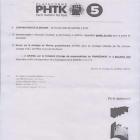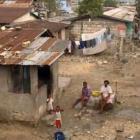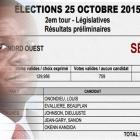ADVERTISEMENT
literacy
Haiti adopting Dominican literacy plan Quisqueya Aprende Contigo
Here is a picture of a Haitian delegation in the Dominican Republic as they are interested in adopting Dominican literacy plan Quisqueya Aprende Contigo.
On Thursday, July 21, 2016, Paula Brutus, the Haitian Secretary of State for Literacy Plan, accompanied by 7 Haitian experts visited the Dominican Republic to meet the Dominican Directorate General of Special Programs. The Haitian delegation team expressed Haiti's interest in Dominican government's national literacy plan, "Quisqueya Aprende Contigo". They expressed their interest to adopt that as a role model for eradicating literacy of people over 15 years. "Quisqueya Aprende Contigo" aims at all young and adult illiterates; it has been taken over by the Dominican government, under the leadership of President of the Republic, Danilo Medina. It includes three social programs that composes, "Quisqueya Aprende Contigo", "Quisqueya Empieza Contigo" and "Todos Somos Quisqueya". MS. Paula has admitted that Haiti alone cannot tackle its illiteracy problem; with the feedbacks received from the Dominican government. Haiti will move forward to implement the program for illiterate people aged between 16 and 50 years, during the years 2016-- 2021.
Kofi Annan on literacy
According to Mr. Kofi Annan, acquiring literacy is an empowering process that "helps millions of people to access knowledge and information which broadens horizons, increases opportunities and creates alternatives for building a better life".
According to Kofi Annan, a Ghanaian diplomat and the seventh Secretary-General of the United Nations (January 1997 to December 2006), "literacy is a bridge from misery to hope." Annan considers it as a defensive wall against poverty, and a step towards development. It is a vehicle for promotion of cultural and national identity and an agent of family health and nutrition. To him, "literacy is the road to progress and the means through which every man, woman and child can realize his or her full potential." It is essential in every society and economy for maintaining sustained social and economic development. Literacy reduces the gender gap and helps to build a nation without any tribal and ethnic differences. "It is a key lever of change and a practical tool of empowerment on each of the three main pillars of sustainable development: economic development, social development and environmental protection."

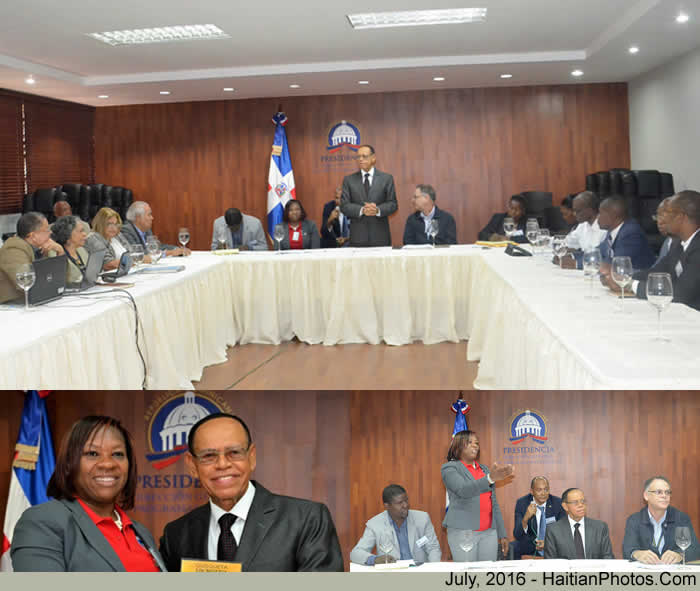
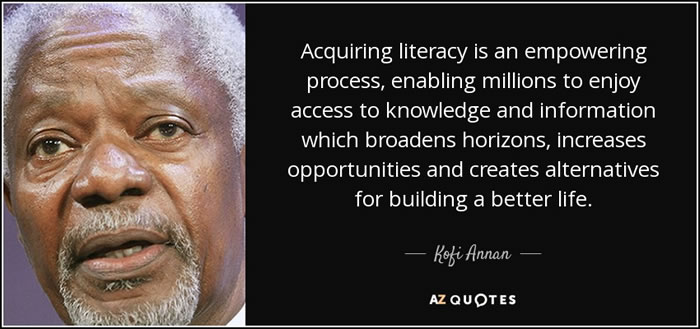
 Hotel Beck in Cap-Haitien, Haiti
Hotel Beck in Cap-Haitien, Haiti  François Nicolas Duvalier Potential Candidate for President of...
François Nicolas Duvalier Potential Candidate for President of... 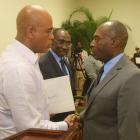 Minister of Planification, Yves Germain JOSEPH
Minister of Planification, Yves Germain JOSEPH  The Petro Caribe Challenge hashtag
The Petro Caribe Challenge hashtag  Partial list of privileges enjoyed by Government officials in...
Partial list of privileges enjoyed by Government officials in... 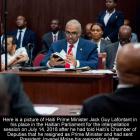 Jack Guy Lafontant resigns as Haiti Prime Minister
Jack Guy Lafontant resigns as Haiti Prime Minister 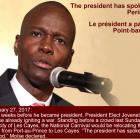 Jovenel Moise, the president has spoken. Period
Jovenel Moise, the president has spoken. Period  Delimart Plaza, Delmas 32, Port-au-Prince, Haiti being looted
Delimart Plaza, Delmas 32, Port-au-Prince, Haiti being looted 